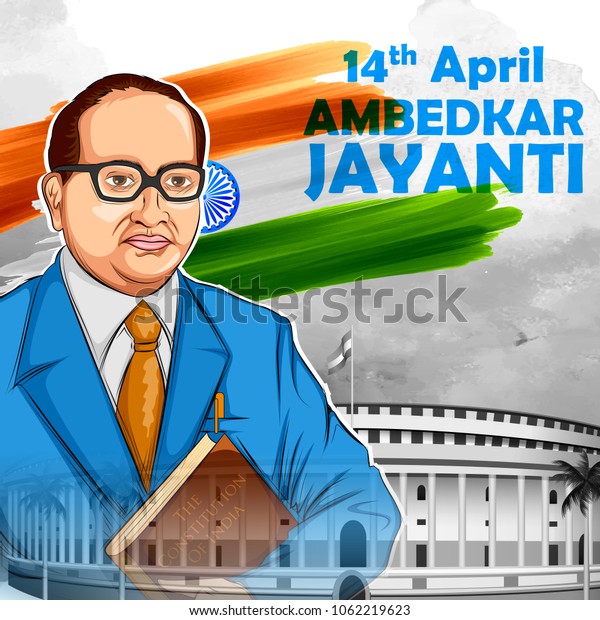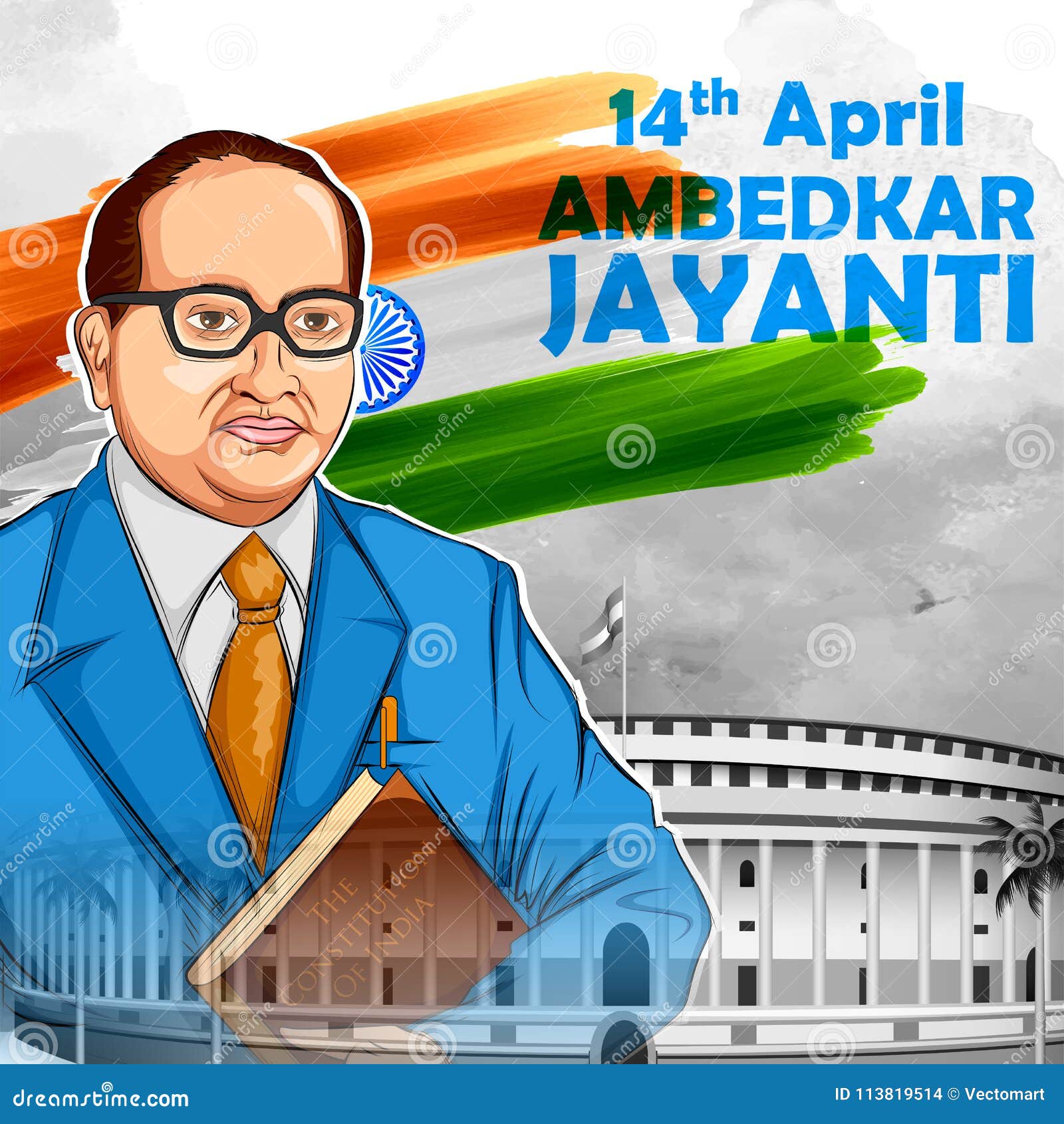
He argued for consolidation of land holdings in bigger units which could be managed by the state or farmers cooperatives. Ambedkar said that the low productivity of agriculture in India was mainly due to the small size of land holdings. But his ideas on India's agricultural economy continue to be relevant even today. In an essay on farming and farm holdings, Ambedkar suggested solutions for solving the problems of India's agricultural sector at that time.

He argued that public expenditure should be based on the principles of faithfulness, wisdom and economy. He called for a qualitative analysis of public expenditure and not just a quantitative one where public money can be spent on unproductive expenditure. He argued that each level of government should raise its own revenue for its expenditure.Īmbedkar also outlined an ideal for public expenditure in what is known as Ambedkar's Canon of Public Expenditure. Ambedkar talked about a diarchy where the Centre collected the revenue while the provinces were responsible only for expenditure. He explained the problems with the centralization of government finance and unproductive expenditure by the government. In his Columbia University dissertation 'The Evolution of Provincial Finance in British India', Ambedkar analysed the colonial financial system and the Centre-state financial relations. He argued for minting gold coins which could stabilise currency rates and prices. However, Ambedkar argued for a gold standard instead of the gold exchange standard, saying the government under the gold exchange standard had unregulated scope to manipulate the currency. Ambedkar joined issue with the famous economist of the times John Maynard Keynes who had argued for a gold-exchange standard for India. Looking at the immense poverty of the people of this country no other consideration except that of greater production and still greater production can be a primary and paramount condition."īelow are some of Ambedkar's important economic ideas:Īmbedkar's thesis at the London School of Economics was 'The problem of the rupee: Its origin and its solution'. When private enterprise is possible and national undertaking not essential, private enterprise will be allowed. Where national undertaking of the industry is possible and essential, the Scheduled Castes Federation will support national undertaking.


The pattern of the industrial enterprise will be a matter regulated by the needs, the time and circumstances.

Ambedkar expresses this idea thus in the election manifesto for 1952 general elections of his Scheduled Castes Federation reads: “For the purpose of increasing production, the Scheduled Castes Federation will not be bound by dogma or any pattern.


 0 kommentar(er)
0 kommentar(er)
